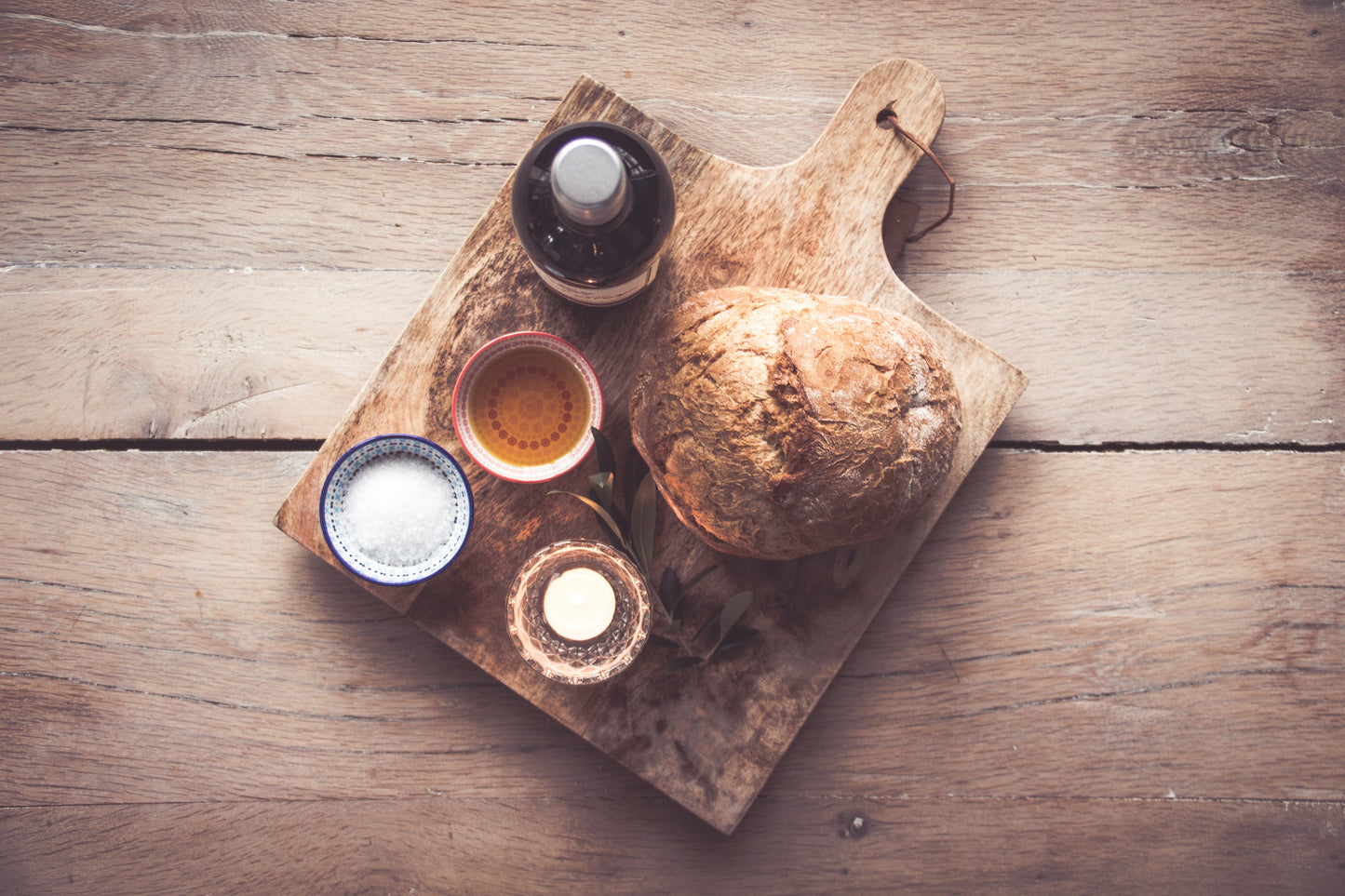
Frequently Asked Questions about Olive Oil
On this page, I'd like to answer some frequently asked questions about olive oil. The most frequently asked questions about olive oil are:
- What is olive oil?
- What are the health benefits of olive oil?
- What is the difference between extra virgin olive oil and regular olive oil?
- How do you store olive oil?
- How do you use olive oil in cooking?
- Can olive oil go bad?
- How do you know if olive oil is of good quality?
- What is the smoke point of olive oil?
- Can olive oil be used for frying?
- Why is early harvest olive oil more expensive than regular harvest olive oil?
- Is cooking with olive oil healthy?
- Which olive oil for frying?

What is olive oil?
Olive oil is a type of vegetable oil made from the fruits (olives) of the olive tree. Olives are collectively known as drupes.
Olive oil can be used as a cooking oil, as a dressing for salads, and other dishes. It's also delicious to dip bread in with a little (sea) salt and eat immediately.
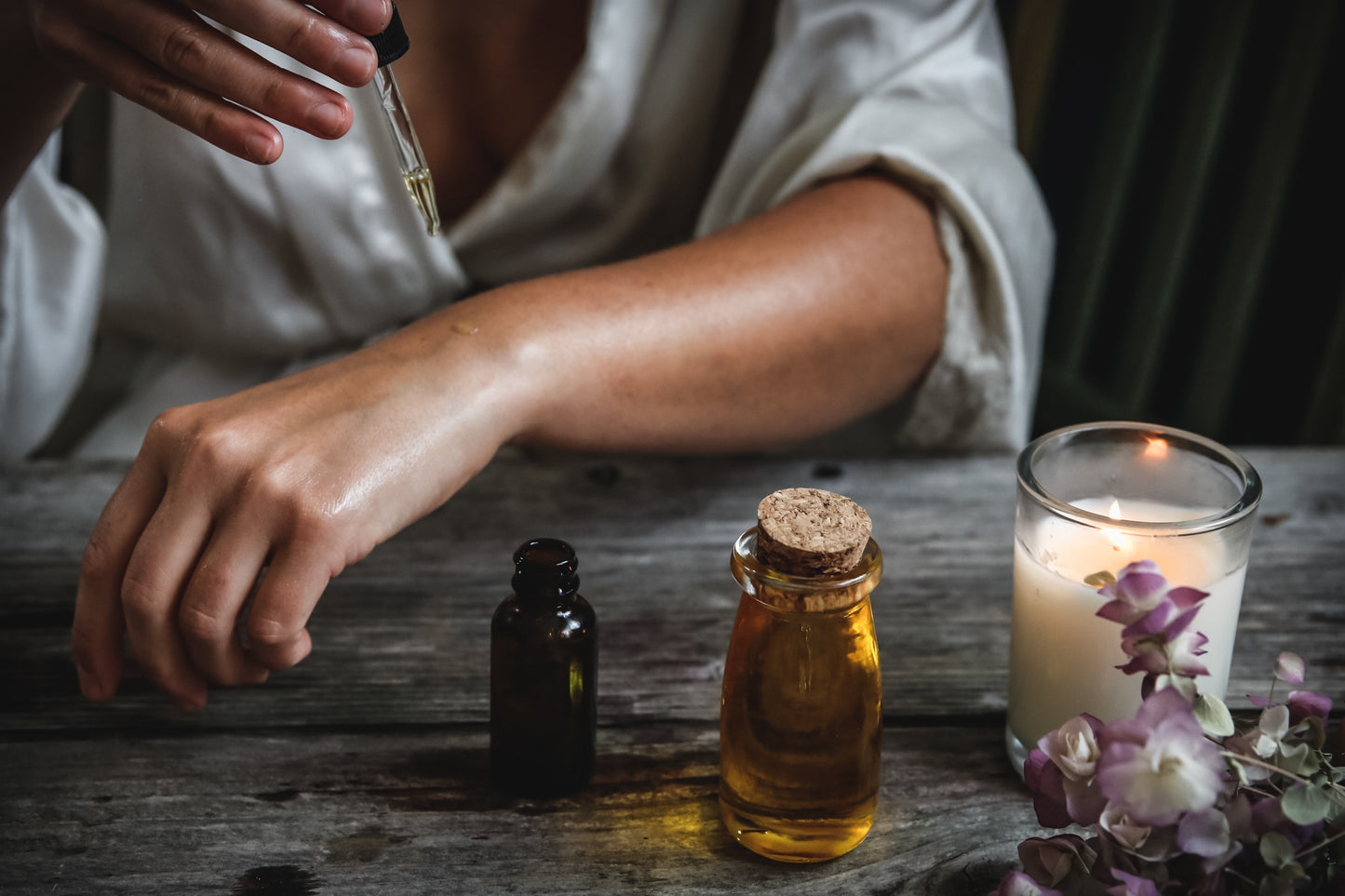
What are the health benefits of olive oil?
Olive oil has a number of health benefits, including high
Monounsaturated fat content. According to European Union health claims, this may help lower cholesterol levels and reduce the risk of cardiovascular disease. It also contains antioxidants that may offer health benefits.
Read more about this at:
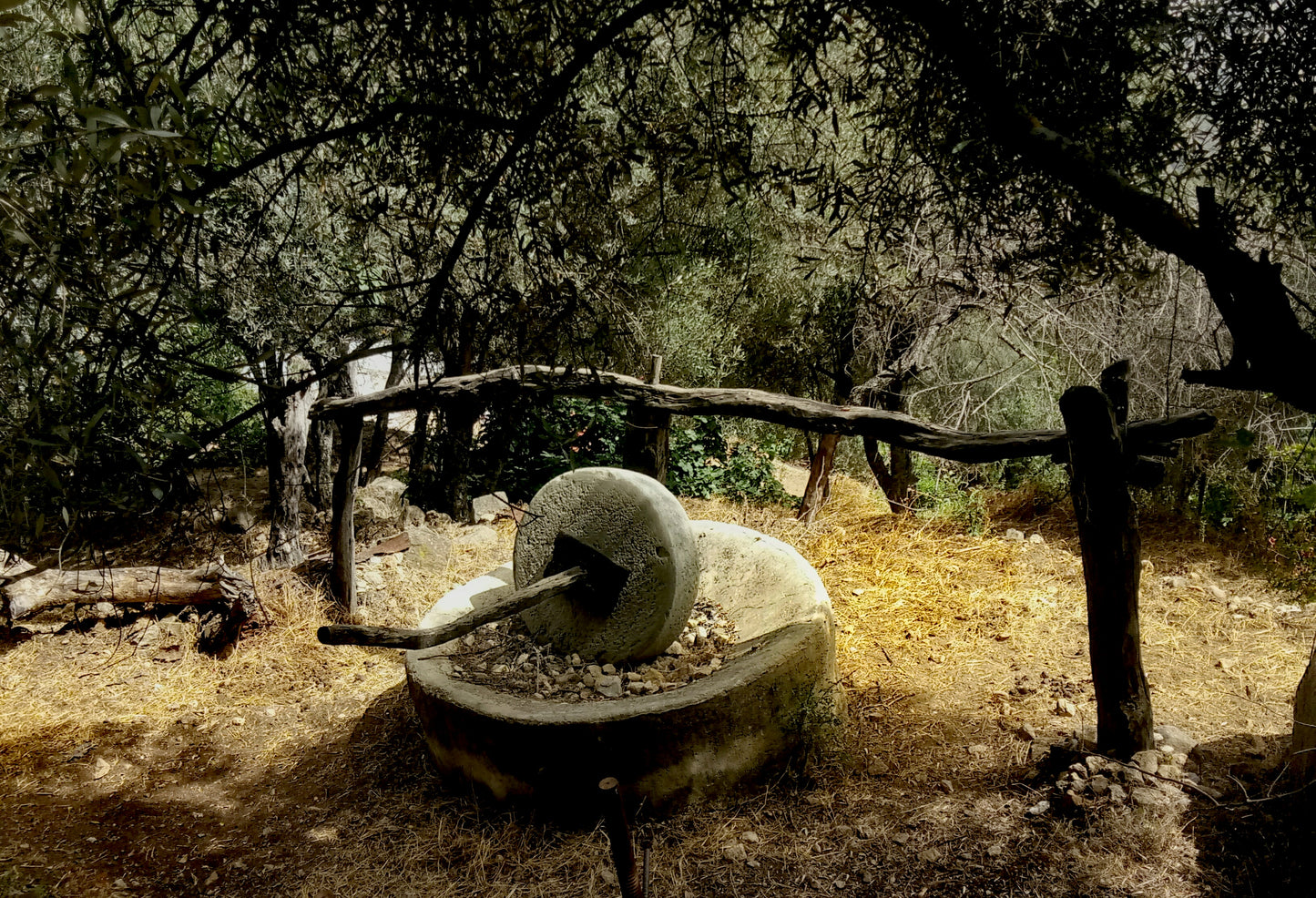
What is the difference between extra virgin olive oil and regular olive oil?
Extra virgin olive oil is made from cold-pressed olives, while regular olive oil is a blend of both cold-pressed and processed olive oils.
The quality of extra virgin olive oil is therefore often of higher quality, with a more robust flavour and a higher antioxidant content.
The olive oils I sell are all extra virgin and of the highest quality.
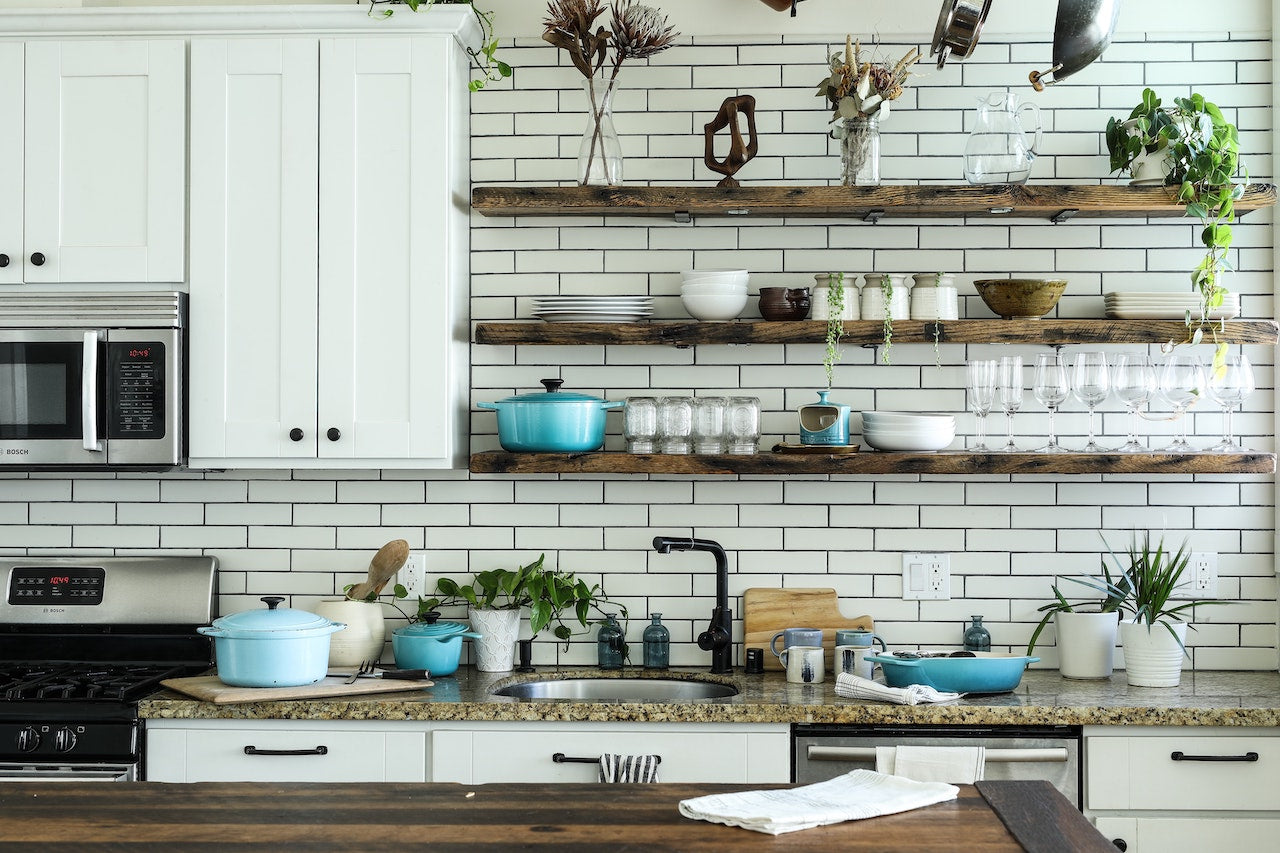
How do you store olive oil?
Olive oil is best stored in a cool, dark place, away from heat and light. Light and heat are detrimental to olive oil.
At home, it can be stored in the kitchen cupboard or in the refrigerator. When refrigerated, the olive oil may thicken, but once it warms up again, it will return to its normal consistency.
Therefore, when buying olive oil, avoid olive oil packaged in transparent bottles. All that time on the shelf will have harmed the olive oil due to the light and temperature.
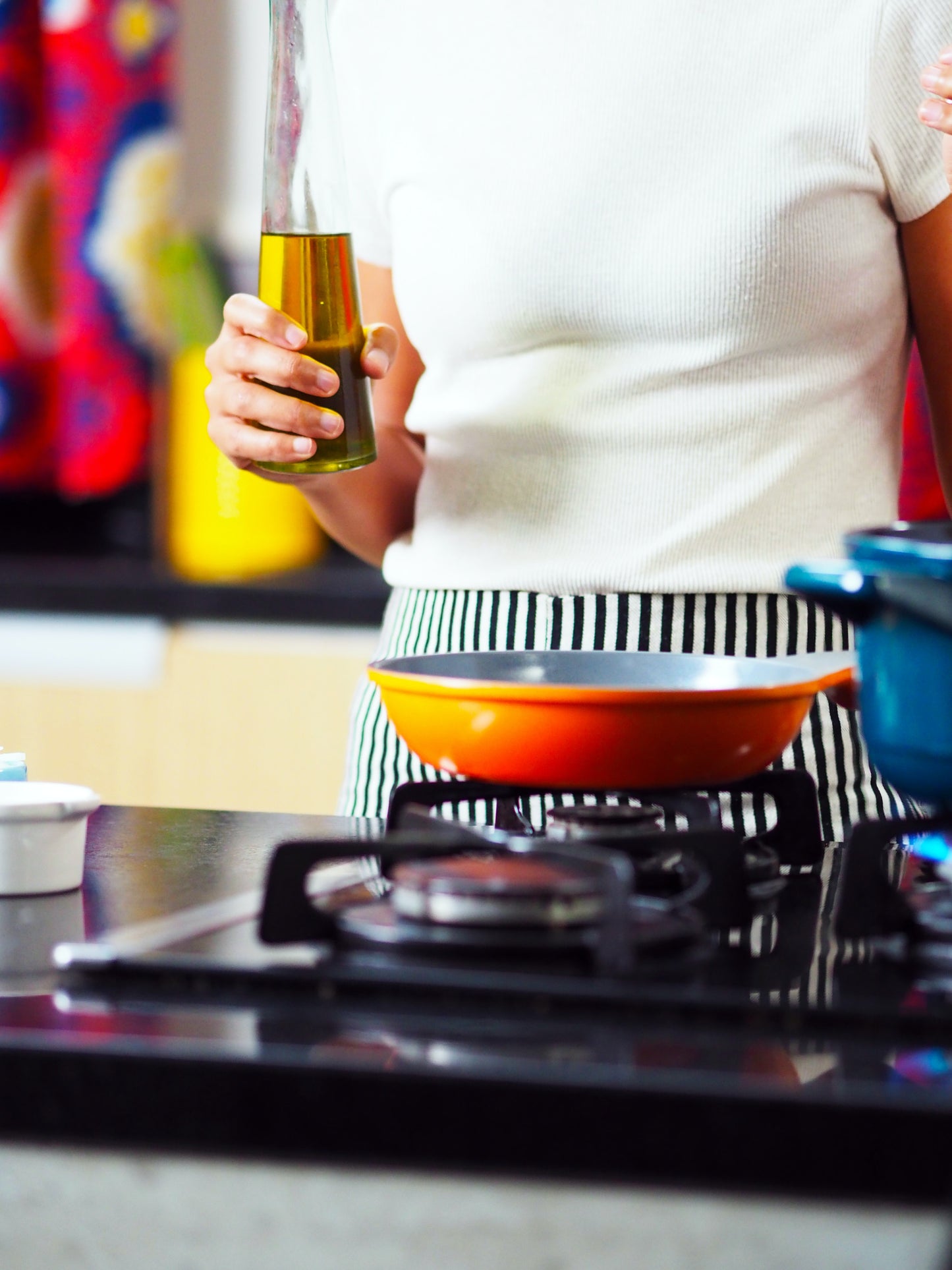
How do you use olive oil in cooking?
Olive oil is a versatile cooking oil that can be used for many different types of dishes, such as baking, frying, grilling, and roasting. It can also be used as a good base for dressings and marinades.
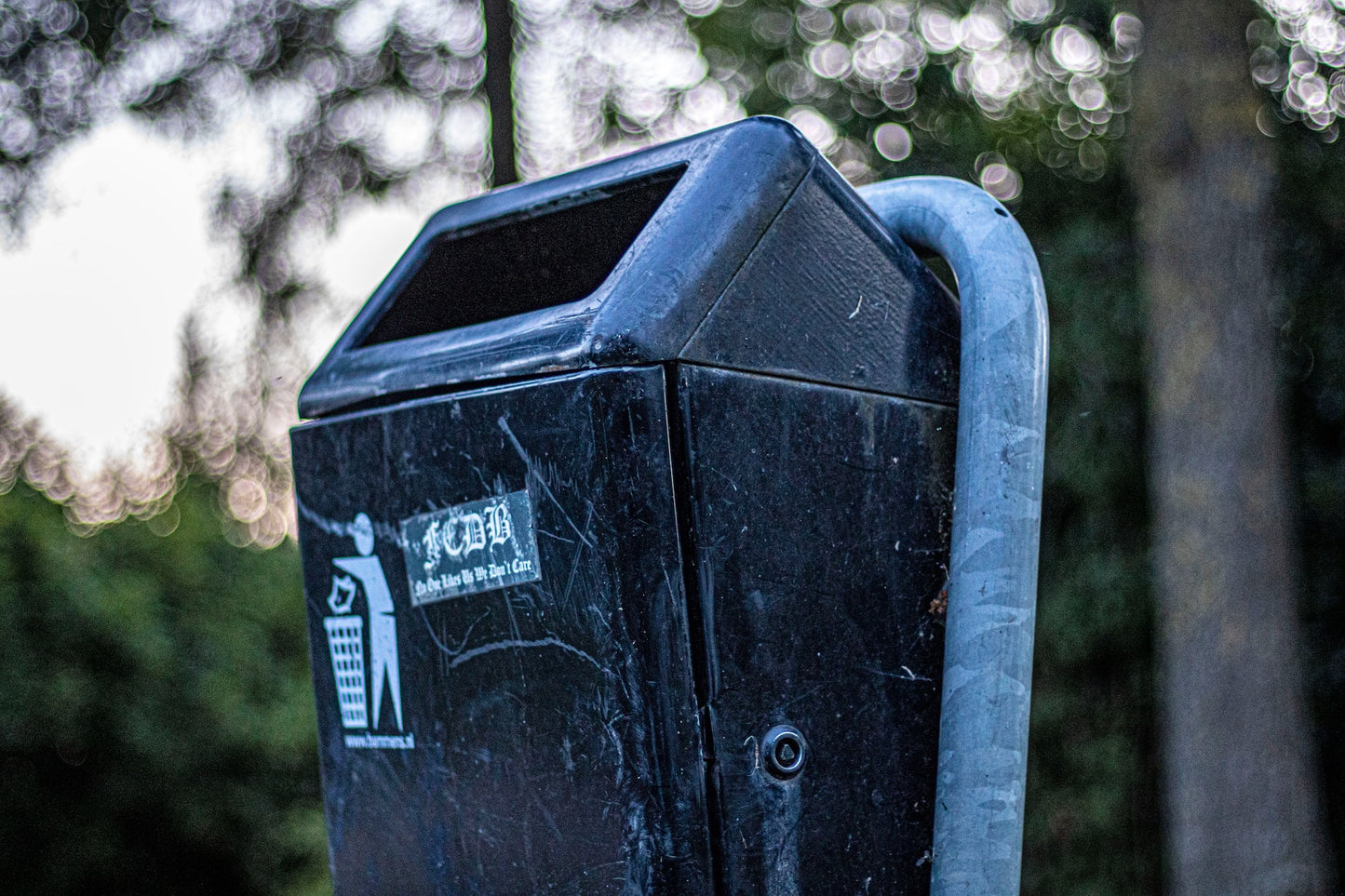
Can olive oil go bad?
Yes, olive oil can spoil, especially when not stored or preserved properly. See also "How to store olive oil?"
Signs that olive oil has spoiled include: a rancid or foul odor, a change in color, or a thick or sticky consistency to the olive oil.
But don't throw away your olive oil just yet when the best before date has been reached and pay attention to these aspects.
According to the guidelines of the Consumers' Association, it can remain good for months if it has been stored properly.
Also read: Consumers' Association website about expiry dates .
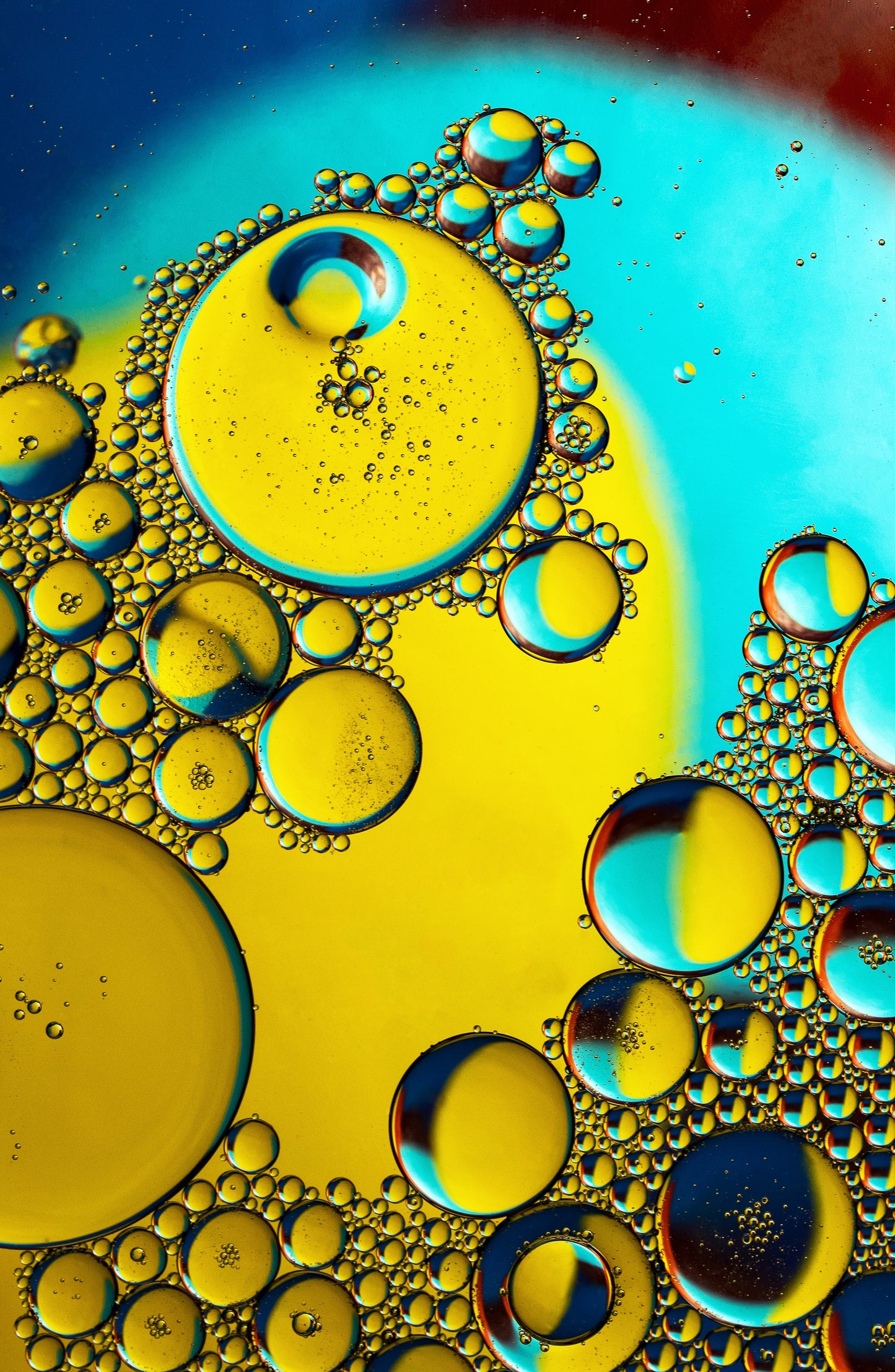
How do you know if olive oil is of good quality?
There are several ways to determine the quality of olive oil:
- Smell the olive oil: Good quality olive oil should have a fresh, fruity aroma. If it smells rancid or sour, it could be a sign that the olive oil is spoiled or of poor quality.
- Taste the olive oil: Picual olives have a high antioxidant and polyphenol content, giving them a bitter, peppery taste. Young olive oil from the early harvest should taste green and fruity.
- Check the labeling: The olive oil label should state what type of olive oil it is, such as extra virgin, virgin, or pure. Extra virgin olive oil is of the highest quality and is made from pure, cold-pressed olives. Also, pay attention to the acidity of the olive oil; for extra virgin olive oil, it should be less than 0.8%. The olive oil I sell has an acidity below 0.3%.
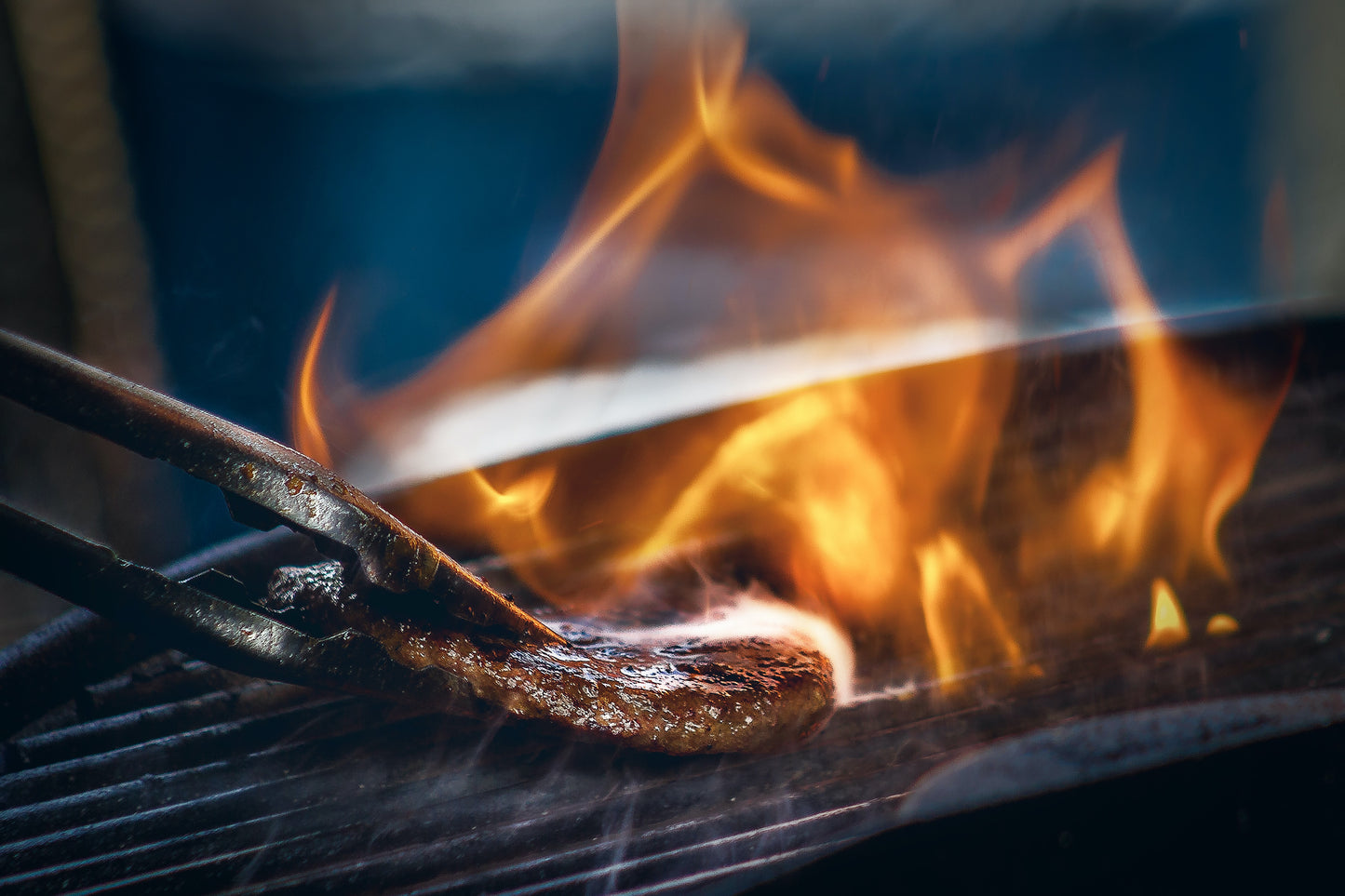
What is the smoke point of olive oil?
The smoke point of olive oil is the temperature at which the oil begins to break down and produce smoke. The smoke point of olive oil is generally between 160-210°C. The olive oil I sell is made from picual olives. Due to the presence of antioxidants, it is considered a high-quality olive oil and is suitable for cooking.
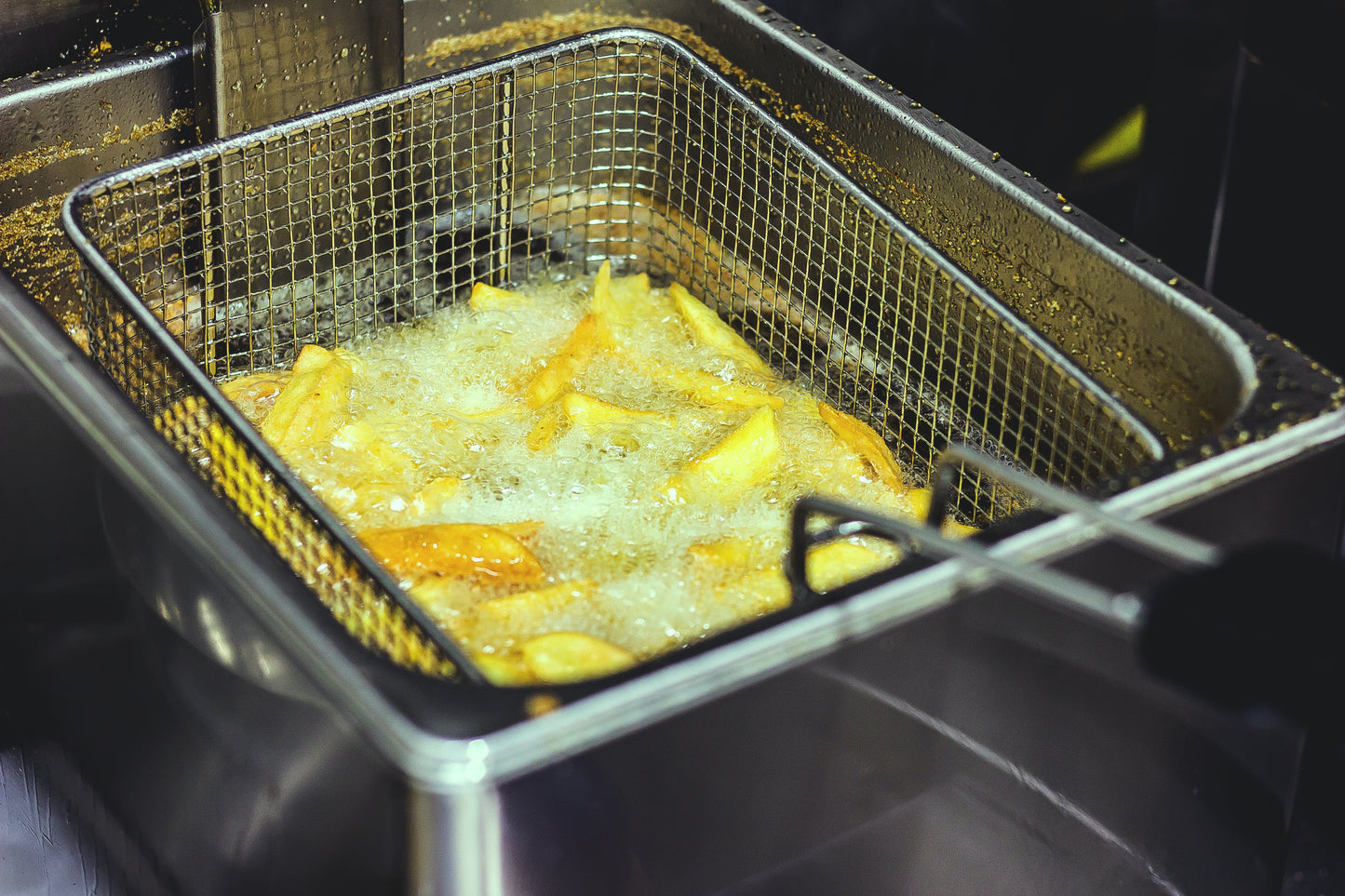
Can olive oil be used for frying?
Yes, olive oil can be used for frying. Olive oil has a smoke point between 160-210°C (320-400°F), which means it can break down and produce smoke when exposed to high temperatures.
When using olive oil for frying, it's advisable to keep the oil at a lower temperature and ensure the food you're frying doesn't absorb too much oil.
It's also advisable to replace the oil regularly with fresh olive oil to prevent it from burning or imparting an unpleasant taste to the food. Therefore, change it at least every two or three weeks.
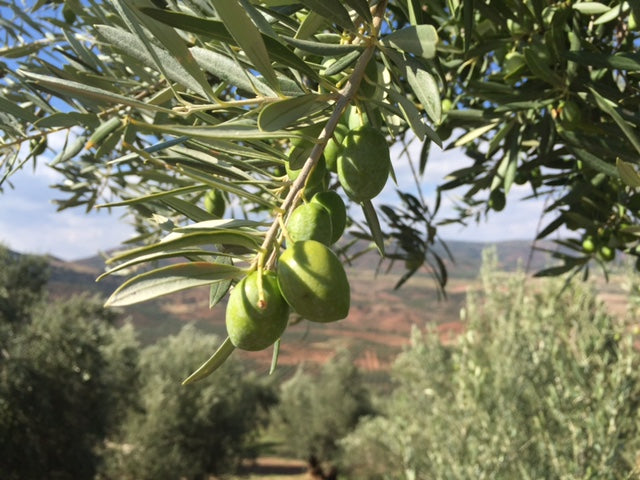
Why is early harvest olive oil more expensive than regular harvest olive oil?
I'm often asked why Verde Segura, Saqura, and Arte Oleum are more expensive than traditional olive oils like Oro de Genave. These olive oils come from an early harvest, which runs from mid-October to November. The olives are not yet fully mature, not yet ripe, and still green.
You can compare this to tomatoes: when they're unripe, they're green. As they ripen, they turn red. With olive oil, this means the olives contain higher levels of antioxidants and polyphenols, giving the oil a fresh, distinct flavor.
The downside is that, because the olives are not yet fully mature, twice as many olives are needed to produce olive oil. Early-harvest olive oils require a whopping 8 to 10 kilos of olives to produce 1 liter of olive oil. This naturally makes this olive oil more expensive than traditional olive oil.
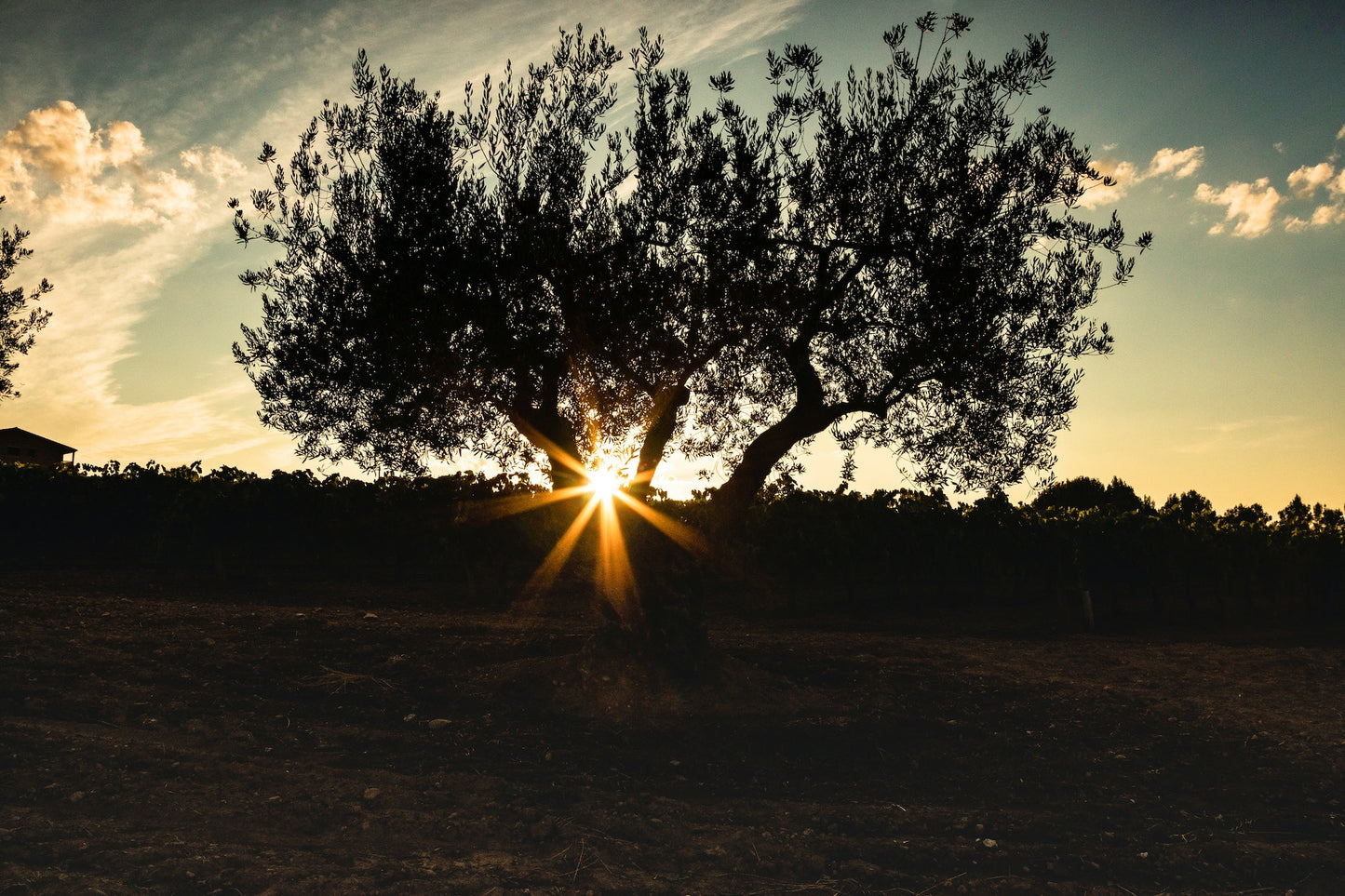
Is cooking with olive oil healthy?
Yes, cooking with olive oil is healthier than cooking with butter from a health perspective.
Olive oil consists mainly of unsaturated fatty acids, which can have a beneficial effect on the heart. Butter consists mainly of saturated fats, which can contribute to an increased risk of cardiovascular disease.
In addition, olive oil is richer in antioxidants and Omega-3 fatty acids than butter.
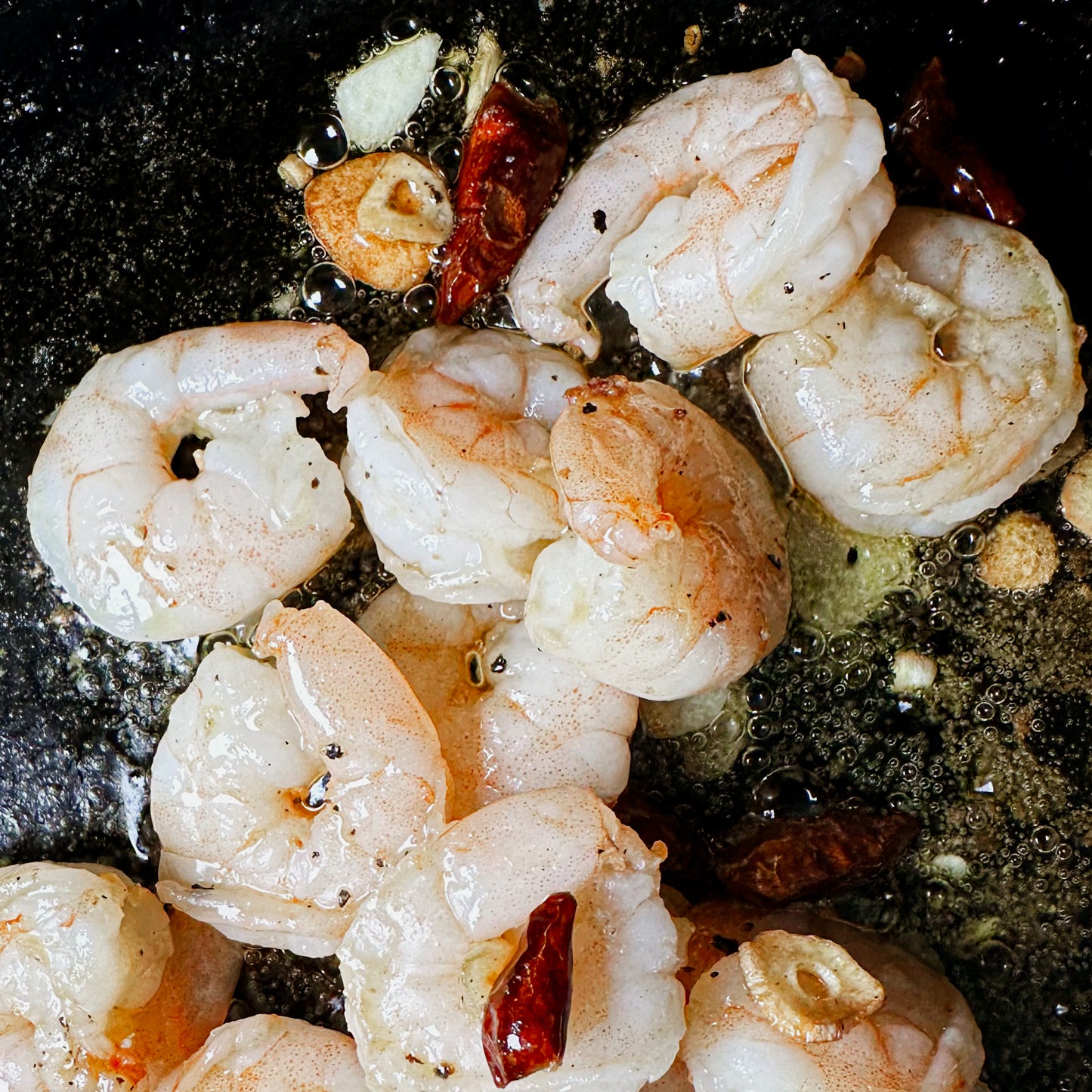
Which olive oil for frying?
According to recent studies, extra virgin olive oil is the best for frying.
I've come across several articles online that indicate whether or not it's good to use extra virgin olive oil for baking. Recent scientific research from Australia, published by Modern Olives Laboratory Services in the ACTA Scientific Nutritional Health journal , highlights this.
This study shows that extra virgin olive oil remains the most stable due to the high amounts of antioxidants.
However, my advice is to avoid using the most expensive extra virgin olive oil for cooking; I think that's a waste due to its complex flavors. Therefore, I recommend using Oro de Genave as your cooking oil.


